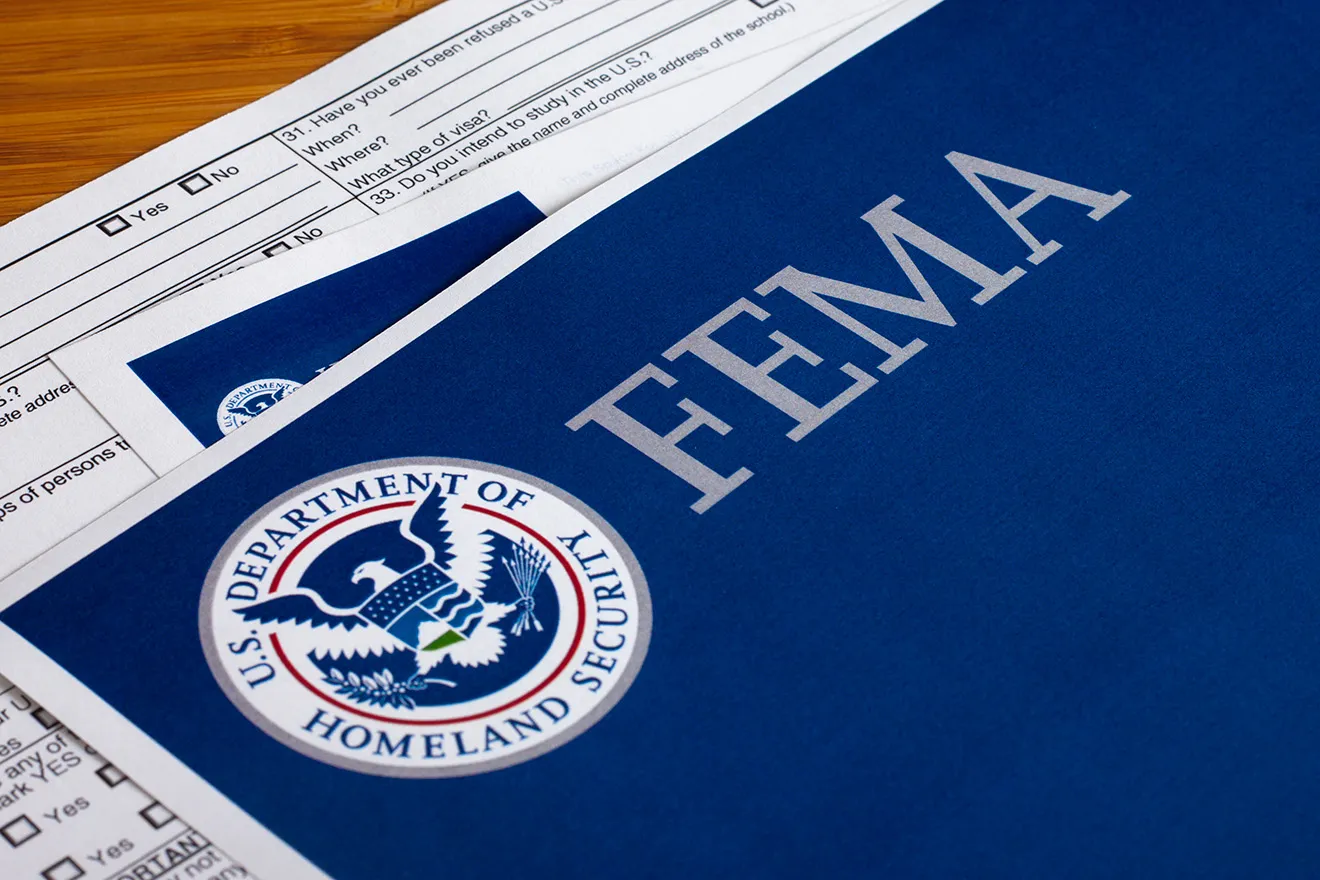
Daily Audio Newscast - October 4, 2024
News from around the nation.
Hurricane Helene death toll tops 200 as search and rescue efforts continue in North Carolina, community health centers in Florida struggle to serve patients as storm recovery strains resources, a new program offers Ohioans relief from medical debt, and voter advocacy groups say poor maintenance has led to inaccurate voter rolls in Indiana.
Transcript
The Public Service Daily Newscast for Friday, October 4th, 2024.
I'm Katherine Carley.
The death toll from Hurricane Helene has now topped 200, making it the deadliest storm to hit the U.S. mainland since Hurricane Katrina in 2005.
Roughly half the victims were in North Carolina, while dozens more were killed in South Carolina and Georgia.
Officials say that number could rise as searchers make their way through mountainous areas.
President Biden surveyed storm damage in Florida and Georgia, where he promised federal resources for debris removal, food distribution, and other emergency needs.
I see you, I hear you, I agree with you, and I promise you we have your back.
We're going to stay until you're restored.
In Florida, community health centers avoided significant damage, but the storm's widespread impact is straining resources, staff, and patients.
Clinics from Sarasota to the Panhandle are focused on rebuilding and restoring services.
Gianna Van Winkle directs emergency management programs for the Florida Association of Community Health Centers.
She says despite the storm's size and power, the centers largely avoided catastrophic damage.
No total losses or anything like that, but at the same time, you know, there's power loss, there's staff and patient impacts that are going to affect the way that these health centers operate in these days and weeks ahead.
In hard hit rural areas where resources and infrastructure are often limited, health centers operate mobile units and partner with county officials to deliver care and supplies.
They're also collecting relief supplies to support workers affected by the storm.
I'm Tramal Gomes.
In parts of North Carolina, roads are still impassable and widespread power outages and water advisories remain.
Shantia Hudson reports on community efforts in the town of Boone.
Soul Nation, a non-profit focused on environmental and social justice, is helping with the recovery effort.
Tiffany Fant with the organization says the damage is two-fold, with people in rural areas dealing with much of the impact.
Within the city limit, the water's receded, the streets are okay.
Still some power outages, but people are moving about.
But then when you get further out into the county, there's still people stranded, roads are blocked, some roads are washed out.
Fant says Soul Nation is partnering with Cornerstone Summit Church to create a resilience hub.
Hudson reports the church has been converted into a donation center to receive and distribute resources.
Soul Nation is also partnering with groups in Charlotte to provide relief to other areas.
So far, the National Guard has performed more than 1,400 rescues throughout the state.
In other news, the union representing 45,000 striking dock workers at East and Gulf Coast ports has reached a deal to suspend their strike until January 15th in order to negotiate a new contract.
A tentative agreement on wage increases was reached, but no details were given.
This is Public News Service.
Medical debt has long been a burden for many Americans, with millions struggling to pay off their health care bills.
In Ohio, a new program is offering relief to some residents.
Alexandria Delacat-Hines, an Ohioan, recently experienced the impact firsthand when her medical debt was unexpectedly cleared.
This program can be absolutely life-changing, and having your medical debt cleared can truly have a domino effect in your life and change so many things.
Delacat-Hines, who accumulated $25,000 in medical debt during grad school, benefited from a partnership between RIP Medical Debt and local governments in Lucas County and Toledo.
Using $800,000 in federal COVID relief funds, the program canceled millions of Ohio residents' medical debt.
Critics, however, raise concerns about its sustainability, relying heavily on federal funding and not addressing the root causes of high medical costs.
Farah Siddiqui reporting.
Now to Indiana, where voter advocacy groups are questioning Secretary of State Diego Morales and his claim that more than 90 percent of residents are registered to vote for the upcoming election.
Joe Ullery reports.
Morales announced over 4.7 million Hoosiers are on the voter rolls, praising efforts to encourage registration across the state.
However, Julie Yvonne, executive director of Common Cause Indiana, says the state's voter registration lists are wrong due to poor maintenance.
That number is inflated because the state does a horrible job of routine list maintenance.
It's not a real number.
We don't know what the real number is, and we won't until we get that list cleaned up.
According to the 2023 Indiana Civic Health Index, an estimated 67 percent of Hoosiers were registered to vote in 2022, ranking the state 40th in the nation.
Indiana was also near the bottom for registering younger voters aged 18 to 24.
Experts say a diverse workforce is crucial for creativity and social justice, and equally good for a company's bottom line.
But reluctance to hire transgender workers remains high.
Ross Brown has more.
A study by UCLA showed the majority of non-binary adults in the workforce are under age 35 and make less than $50,000 a year.
Tony Newman with the group Trans Can Work cites research that shows diversity in the workplace helps everyone thrive.
Different ethnic background, different gender, different race, diverse teams often outperform homogeneous ones as they can leverage a broader range of experience and skills. 17 out of 50 states still maintain laws and policies that discriminate against transgender and gender non-conforming individuals in the workplace.
Sixty percent of transgender employees have reported discrimination on the job.
I'm Katherine Carley for Public News Service, member and listener supported.
Find our trust indicators at publicnewsservice.org.
















